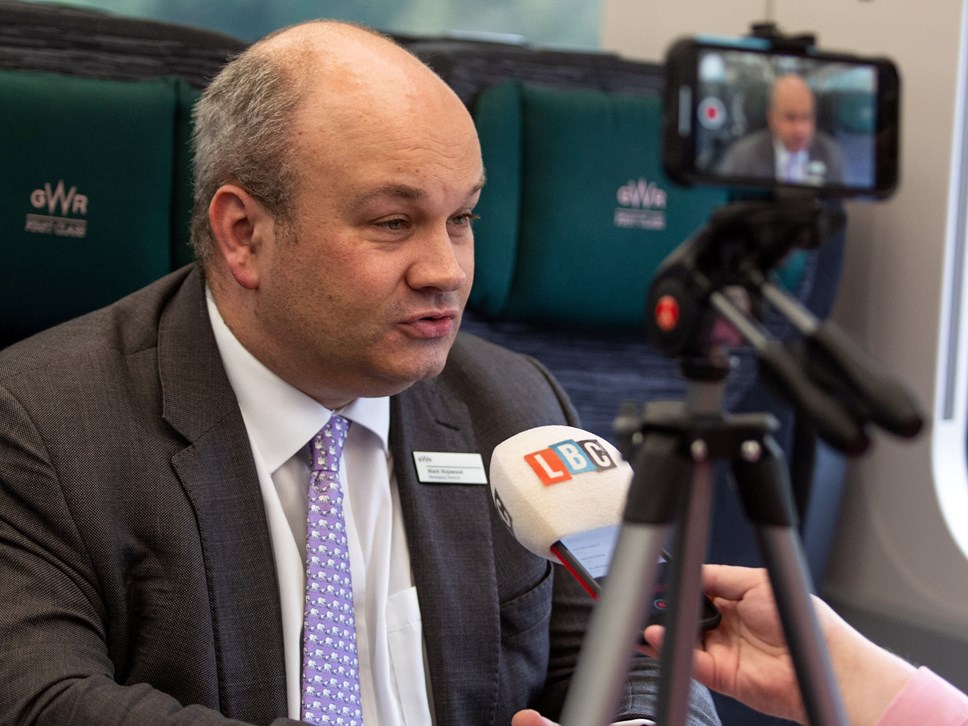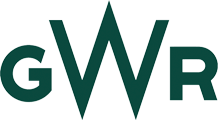
GWR’s December timetable change top of agenda for Thames Valley business group
The biggest timetable change on the railway network since 1976 was top of the agenda at a meeting of the Thames Valley First business group.
Great Western Railway managing director Mark Hopwood addressed around 30 guests in Reading to raise awareness of the new timetable, which will offer faster journey times and more frequent services to key locations throughout the region. The changes come in from December 15.
Around half of GWR’s stopping services between Reading and London Paddington will be transferred to Transport for London Rail as part of its staged plans to introduce the Elizabeth line.
GWR will continue to operate services between Reading and London Paddington calling at intermediate station stops, with many extending to Didcot and being formed of 12 carriage Class 387 Electrostar trains in the evening peak where they are needed most.
These will dovetail with TfL’s stopping services to provide an improved overall service with significant extra capacity on the Reading to Paddington corridor.
On the popular Reading to Newbury route, passengers will benefit from an increase to three trains an hour, journey time improvements of around five minutes, and a more consistent service throughout the day with up to two fast services an hour running through to London Paddington.
New Intercity Express Trains already operating between Reading and London Paddington will also see journey time improvements; average direct journey times will consistently be 22 minutes, compared to between 25 and 30 minutes today.
GWR Managing Director Mark Hopwood told the group:
“We have been working hard behind the scenes to prepare to implement the biggest timetable change on this network since 1976, enabling us to take advantage of the full benefits that new Intercity Express Trains are bringing.”
Thames Valley First was formed more than 30 years ago to promote the Thames Valley as a powerhouse of the UK economy.
Mr Hopwood also highlighted a new Contactless pay-as-you-go service being introduced by TfL Rail on its stopping services from Thursday 2 January, 2020. Customers will be able to use their debit or credit card, Apple Pay, Google Pay or Android Pay to open gates at stations, ‘tapping in’ at the start and ‘tapping out’ at the end of their journey.
To support TfL Rail’s payment option, GWR will also offer Contactless at all stations on the direct line of route between London Paddington and Reading.
Station improvements including platform extensions at Twyford, Slough and Maidenhead were also highlighted as GWR gears up for December 15.
Notes to editors
Great Western Railway (GWR) provides high speed, commuter, regional and branch line train services. We help over 100 million passengers reach their destinations every year - across South Wales, the West Country, the Cotswolds, and large parts of Southern England.
We’re currently seeing the biggest investment in the network since Brunel so we can offer more trains, more seats, and shorter, more frequent journeys and continue the network’s heritage of helping connect more businesses to new and prosperous markets. Through a series of initiatives we aim to be a good neighbour to the communities we serve and are committed to making a positive social impact in those regions. Learn how we're Building a Greater West at GWR.com. GWR is a FirstGroup company.
